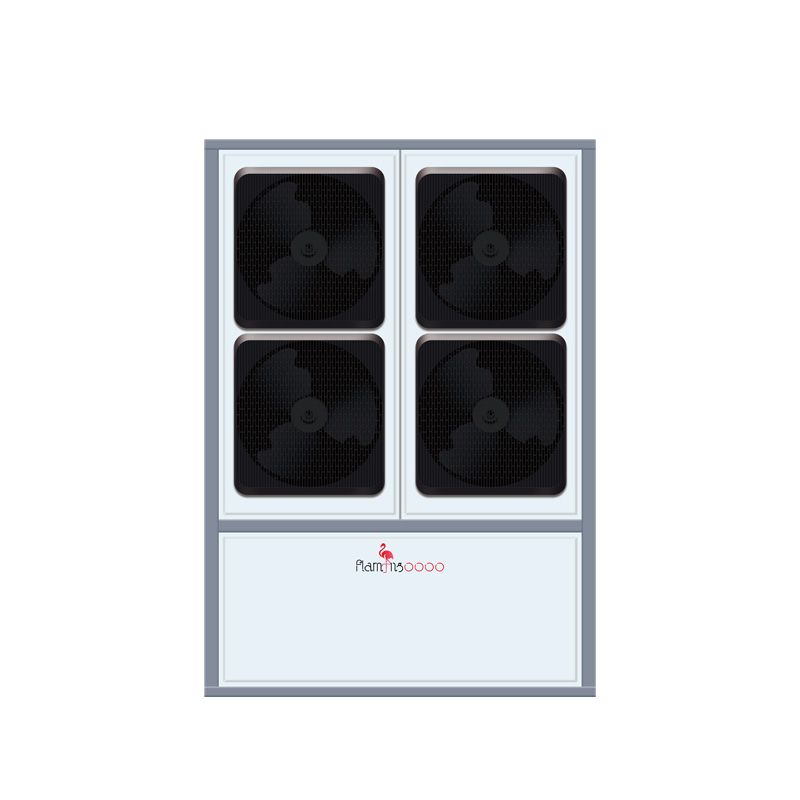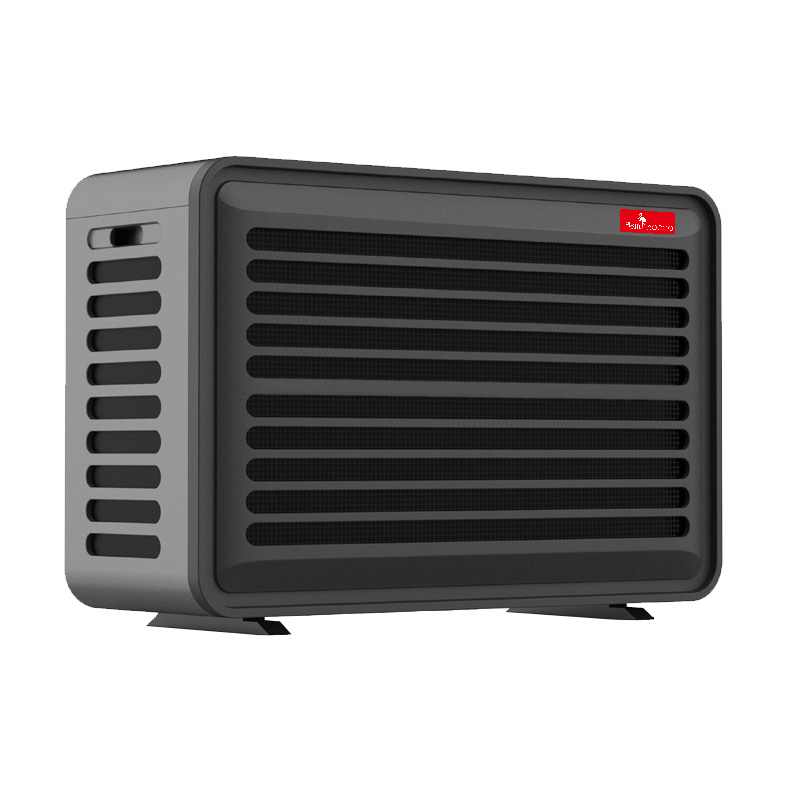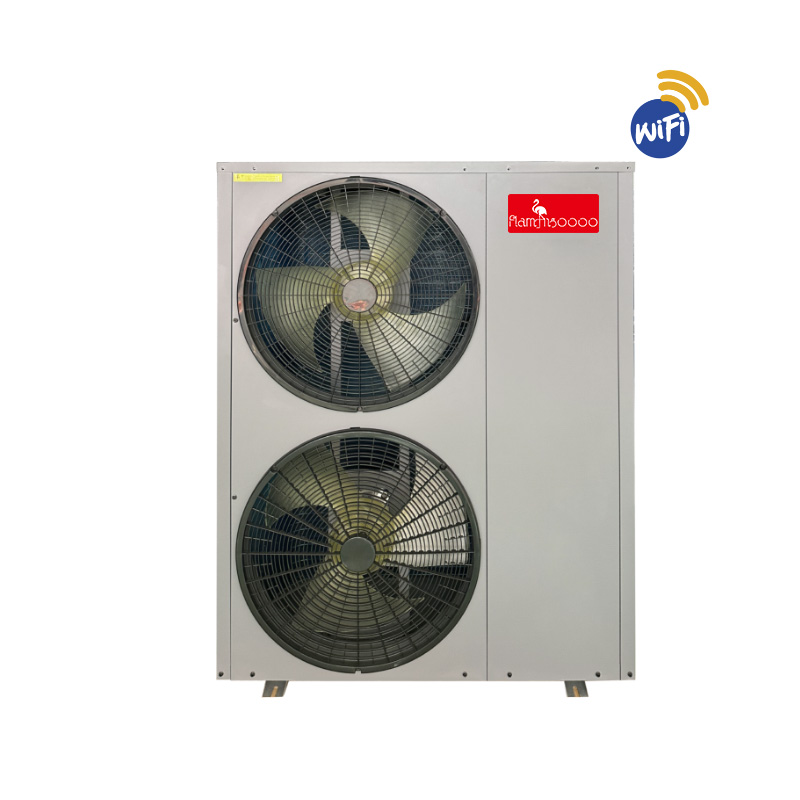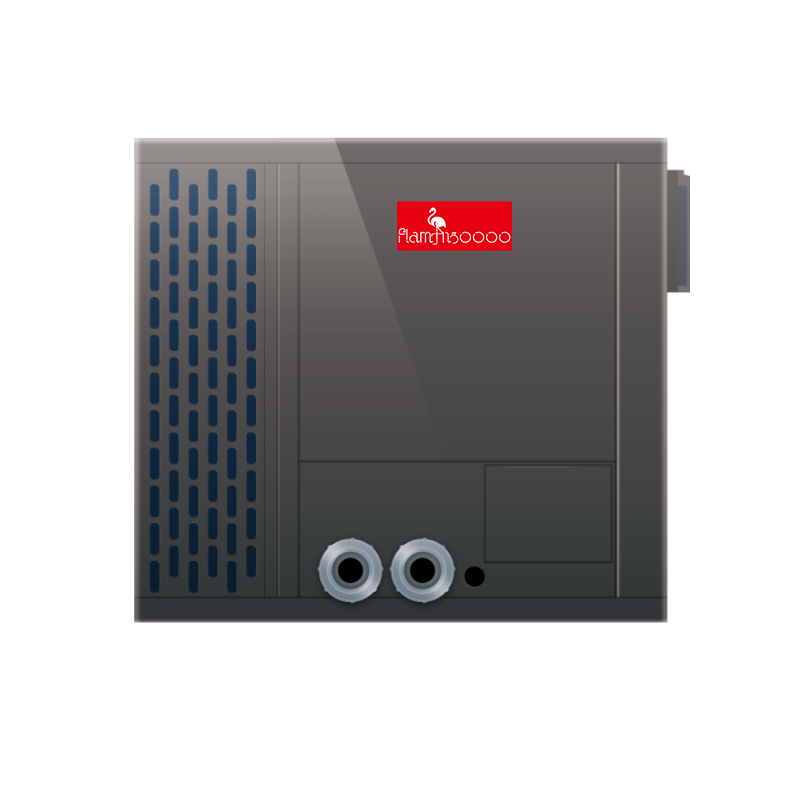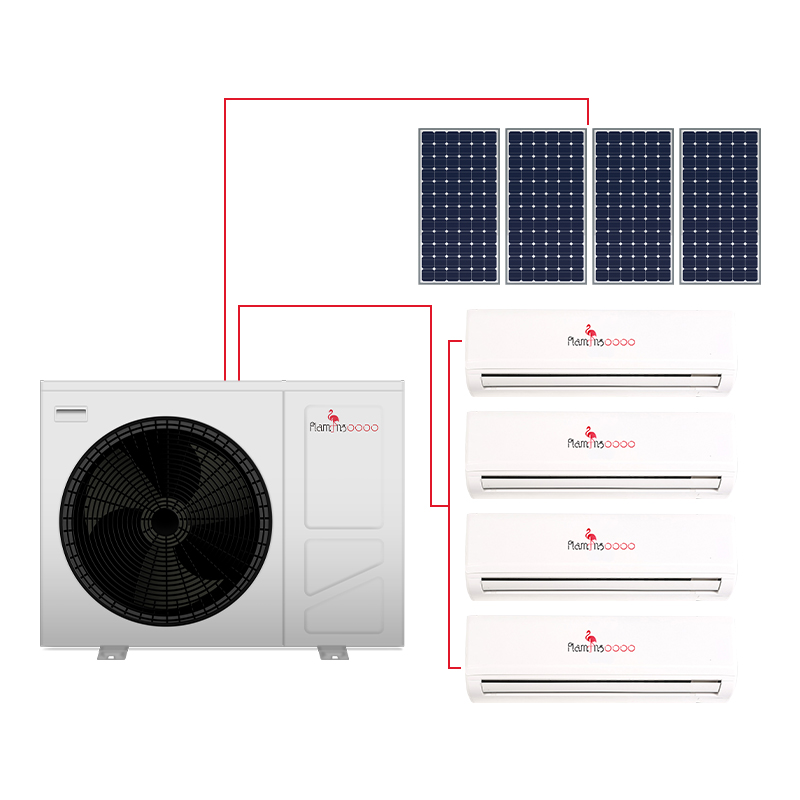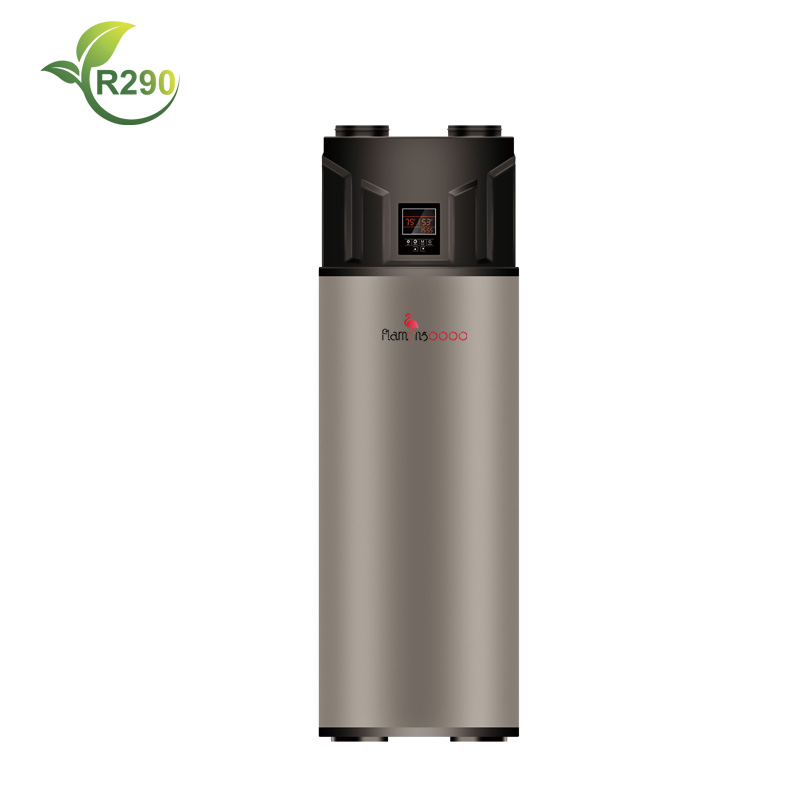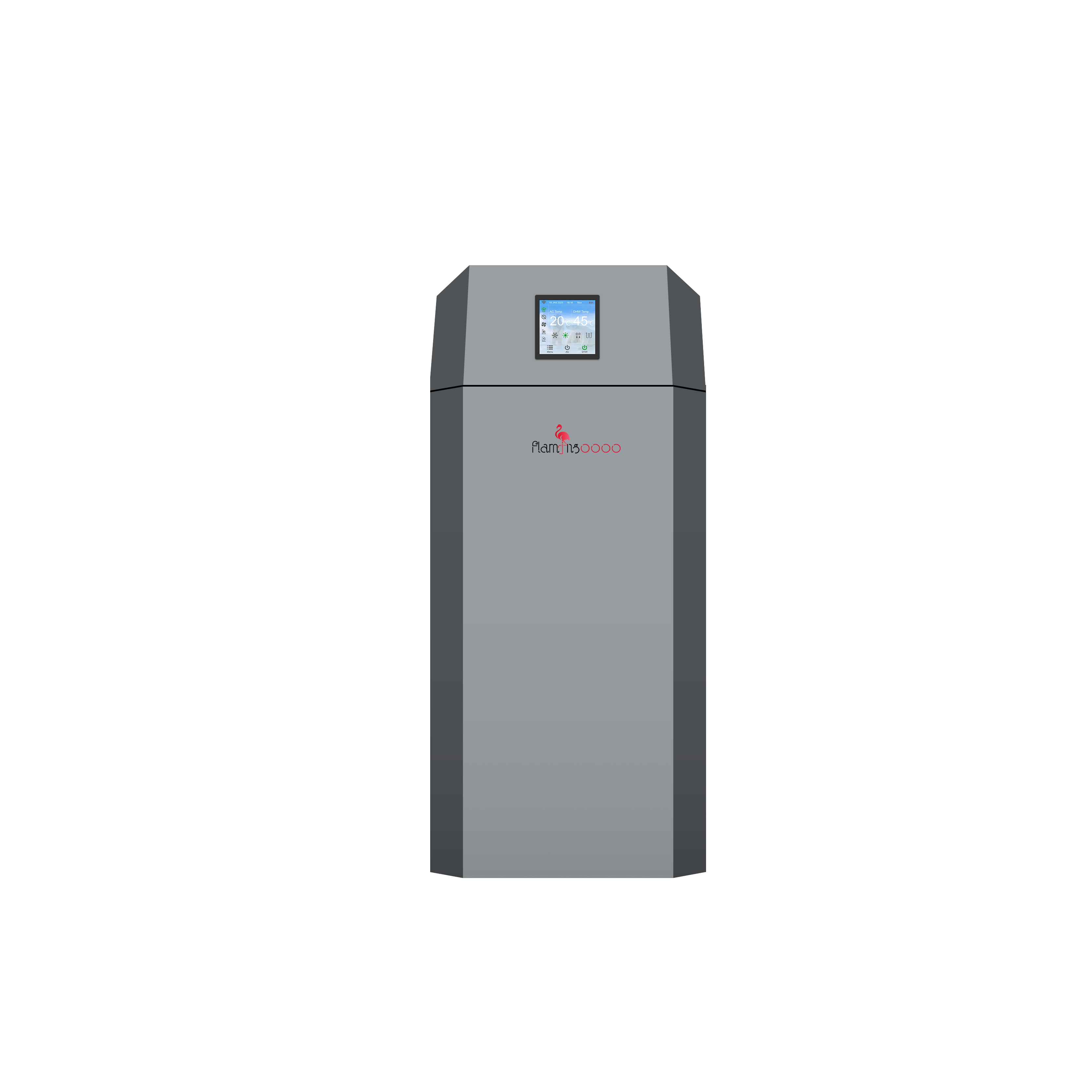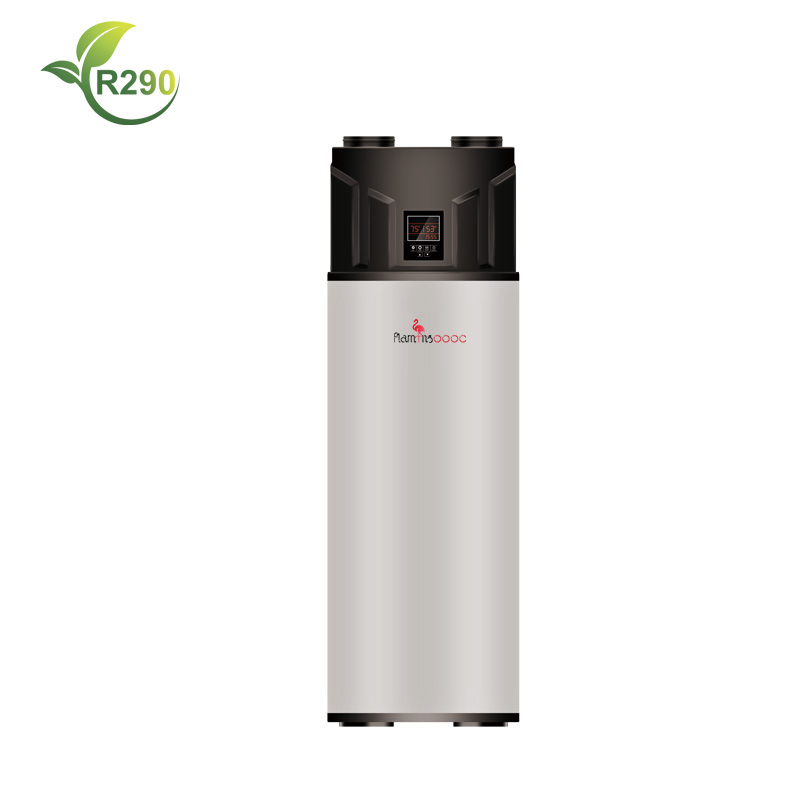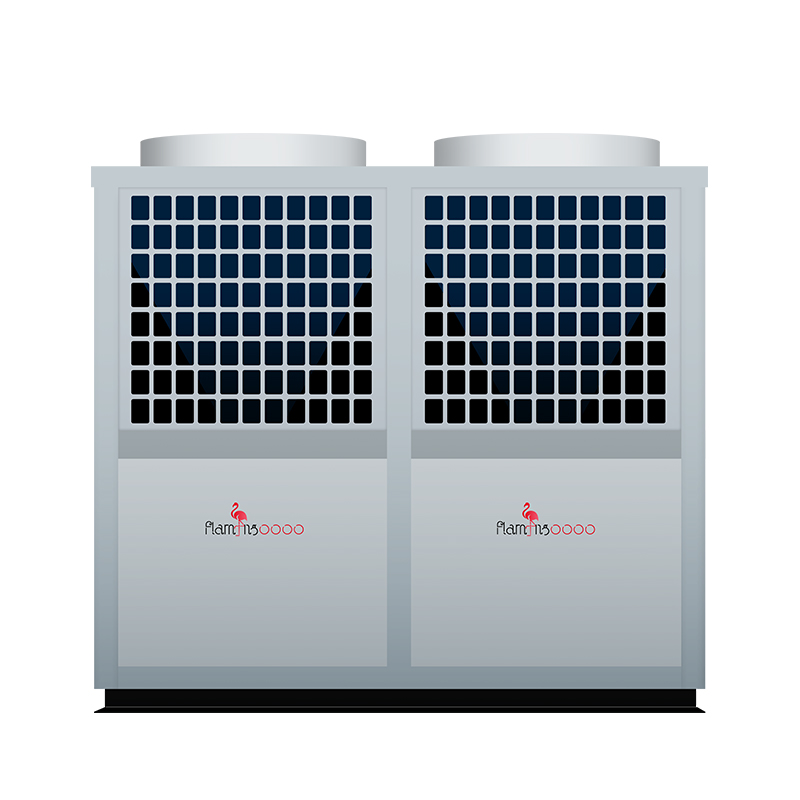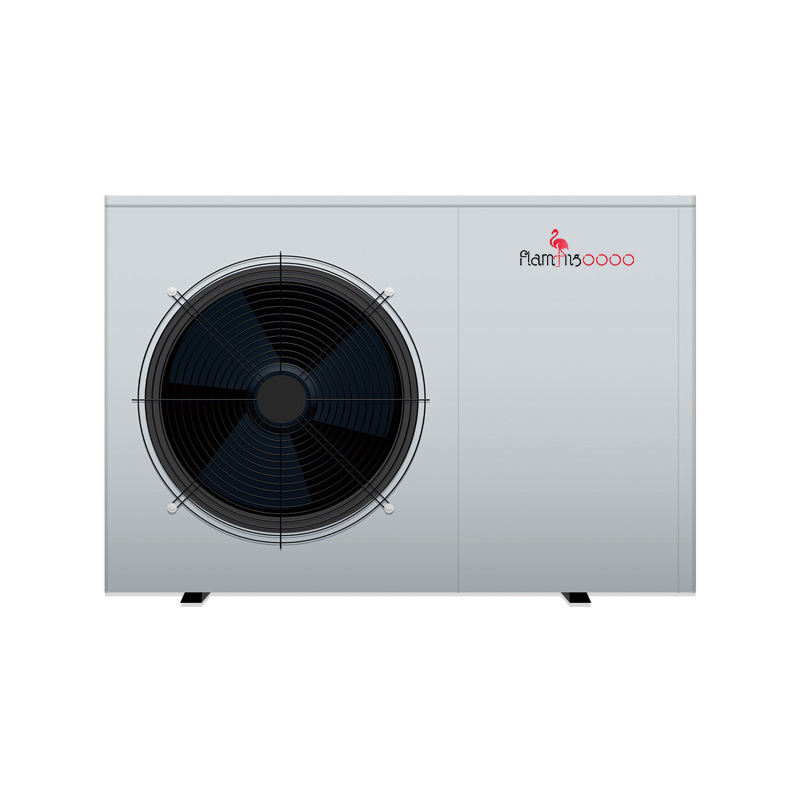Extending the Life of Your Heat Pump
If you're looking to maximize the lifespan of your heat pump or ensure it reaches the manufacturer's average life expectancy, here are some useful tips:
Schedule Routine Professional Maintenance
Regular professional inspections are vital for maintaining your heat pump's performance and longevity. Think of these inspections as performance evaluations for your unit. The quality of these checks is crucial, and while you can perform some basic checks yourself, a professional's expertise is necessary at regular intervals.
Professionals can identify issues that you might overlook and provide thorough recommendations. They can also fix potential problems before they escalate, thereby preserving the pump's quality and extending its life.
Keep Your Pump's Filters Clean
Filters play a crucial role in filtering incoming air and removing dust and other particles. This ensures that the air entering your home is clean and free of contaminants. However, over time, filters can become clogged, which can strain the system and shorten its lifespan.
Ensure Adequate Ventilation and Clearance
Proper ventilation is essential for the optimal functioning and longevity of your heat pump. It prevents overheating and allows the unit to operate efficiently. During installation, ensure that there are no obstructions, and be mindful of any future changes or additions to your home that could potentially block the heat pump.
Shield it From External Elements
While ventilation is important, it's crucial to protect your heat pump from extreme weather conditions. These elements can accelerate wear and tear and even cause rust.
Extreme temperatures can cause cracks, and debris like snow and leaves can damage the unit. Use protective covers or position the unit in a shaded area to shield it from these elements.
Decide Between Repairs and Replacement
Eventually, you'll need to decide whether to repair worn-out parts or replace the entire unit. Initially, repairs are often the more cost-effective option. However, if repairs become frequent, they may end up costing more than a new unit. Moreover, repairing aging parts can reduce efficiency and increase energy bills.

